Last Day of Externship
Today I finished the externship phase of my dog trainer certification. I'm now just a final exam away from finishing the program. The single most important thing I've learned in these past eight months is that I have a lot more to learn. But I'm very excited by the possibilities. Not for me, but for the dogs. Not that I'm really so naive to think that I'll be able to walk into a shelter and turn any mostly feral dog into a civil beast, but I have seen what is possible with time and effort, and that is what makes me so very excited. And let me tell you, it's been pretty hard to get me excited about much lately, so I'm just gonna hang onto it for as long as I can.
I remember not knowing what to expect from this program when I started, and now that I'm almost finished I can say that it's been great. I'm not the best distance learner. I'm a very visual, hands-on learner, especially for something as physical (and nuanced) as dog training, but the course was laid out very clearly, the videos were helpful, and the externship phase was simply amazing. I think I lucked out, because there ended up not being an ABC-certified trainer in the Lubbock area (mentor trainers are required to be ABC-certified), so my externship coordinator asked me if I had any trainer recommendations. I gave her a few names, including Sarah, the private trainer who'd worked with me and Japhy on his dog reactivity, and Sarah ended up being interviewed and ultimately hired as my mentor trainer for the externship. The amount of knowledge and firsthand experience Sarah has is vast, and she is very skilled with challenging dogs. She's also very sensitive to human needs. My externship coordinator asked me at one point how it was going, and I replied that the only thing I would change is the length of this phase. I would make it longer. I felt like I was asking a thousand questions and still walking away at the end of each session feeling like I needed more time with her. That said, we did cover all of the topics ABC intended for us to cover. It's just that Sarah is also aware that I want to work with the "difficult" dogs, specifically in shelter environments, so she approached what and how she taught me with precisely that in mind. From the very first day of the externship we took on some pretty challenging cases, working with what we call the "broken" dogs at the shelter. The ones that aren't going to get adopted unless/until they can learn to "dog" the way most humans need a dog to "dog."
And we humans expect a lot from dogs. We expect them to be damned-near human.
I told Sarah today that one of the most important things I learned from this time with her and with the dogs I worked with throughout the externship, is that the most effective way to earn a dog's trust and get them to engage with you is to remember they're a dog. It's not as simple as it sounds. We've been conditioned to see dogs as cute little things that you dress up and cuddle and talk to in silly high-pitched voices. And while that may work fine for some, most challenging dogs require structure and confident guidance. Take the Husky I've been working with, for example. He taught me that I talk too much. He had no idea what I was saying, and he didn't care, so he ignored me. The more I talked, the more distant he became. When I finally shut up and listened to him... watched him and used the leash to communicate to him what I wanted from him, he started paying attention to me. From there, we could work up to single word cues. Even some physical touch. He lets me pet him now, for brief moments at a time. Nothing is forced. Everything is on his terms. Slow and steady. But he's interested in my presence now, and when I was talking to him so much, he wasn't.
Oprah is another fine example. Talk to her in a high-pitched voice and she will mug you. In fact, she'll mug you regardless of the tone of your voice. She's a short and stalky little bully dog who will jump up and bite at your sweatshirt, grabbing your skin with it if you're not quick to divert her. She is very easily overstimulated. She requires a very calm energy to convince her to control her own. At the same time, she has associated the down cue with belly rubs, and this morning she and I discussed her needs: a couch, with a pillow, a window nearby to allow for ample sunbeams to filter through, a bowl of hot dogs on the table, and a human who will sit next to her and rub her belly for hours. Not all of these dogs are as complex as they seem. Some simply need a break from the overstimulation of the shelter environment and to be given a chance to know a calmer, quieter, and less stressful existence.
And then there is Budee. He growled through his kennel door the day I first met him. Now he drags his blankets to his kennel door when I come to see him, and when we work he looks at me with his big brown eyes and ridiculous underbite with such intensity and desire to please. Of all the dogs Sarah assigned to me throughout this externship, Budee is the one that made the most significant progress. He needs a human. He's ready.
So, the externship is over, but I'll continue volunteering, working with those same dogs, in addition to The Haven. I've already become attached to these dogs. It's hard not to. And after seeing how two local shelters work, behind the scenes, and getting to know the people who make it happen, I will say again.. this work is hard (physically and emotionally exhausting), and the people who do it are nothing short of amazing. Please tell a shelter volunteer/worker/manager that you see what they do and that it's appreciated. They do it for the dogs, sure, but it doesn't hurt to feel seen and appreciated by humans once in awhile, too.
And I'll end this post by sharing three very short video clips of Keeva, Oprah, and Budee.
I love these dogs.
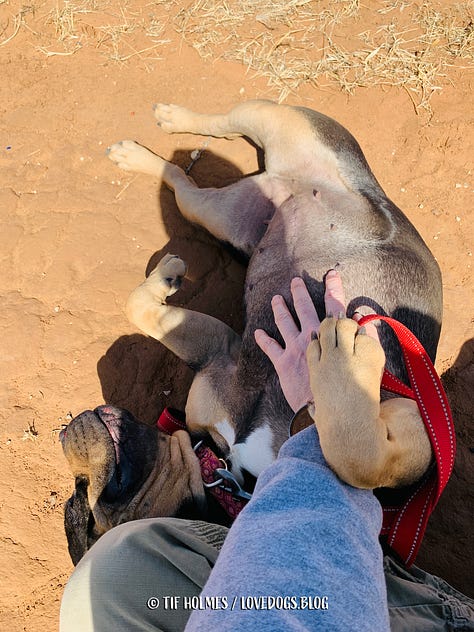
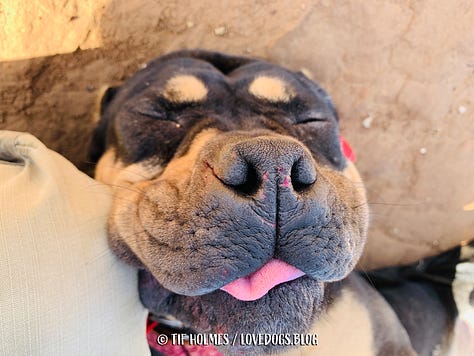
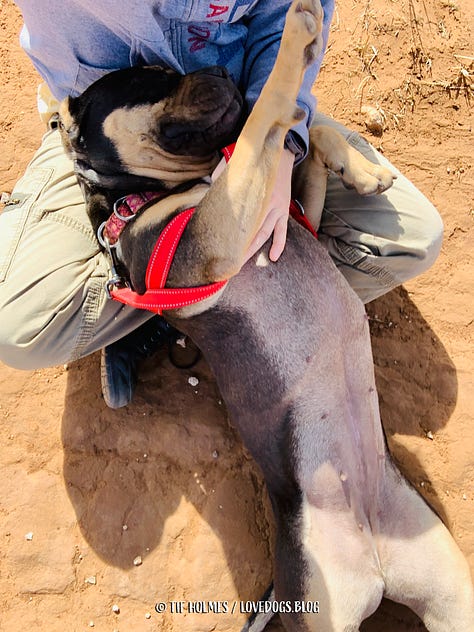
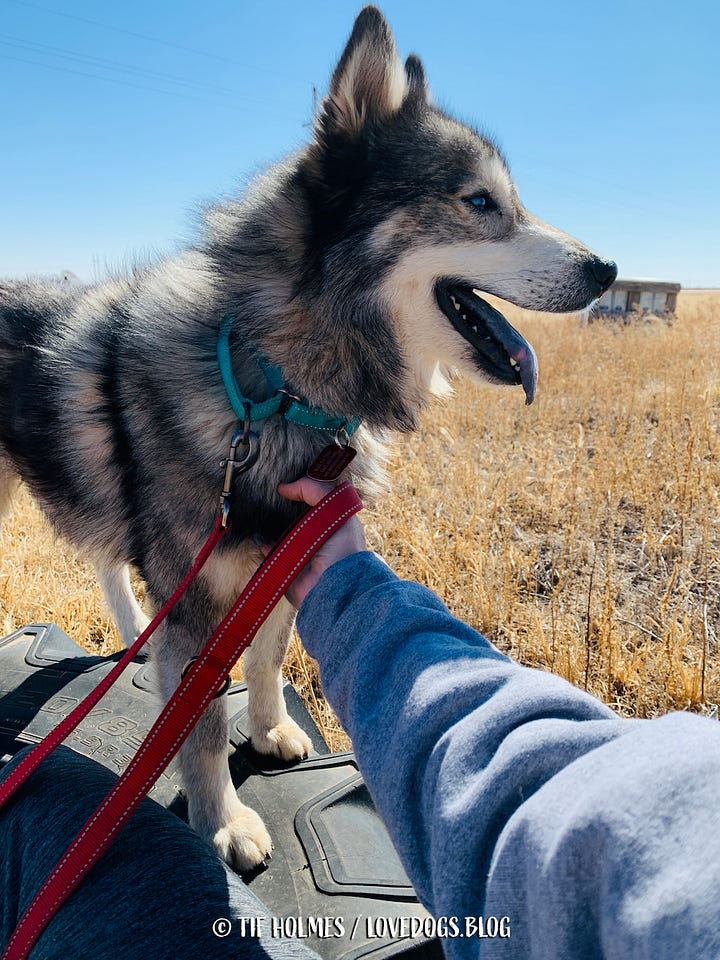
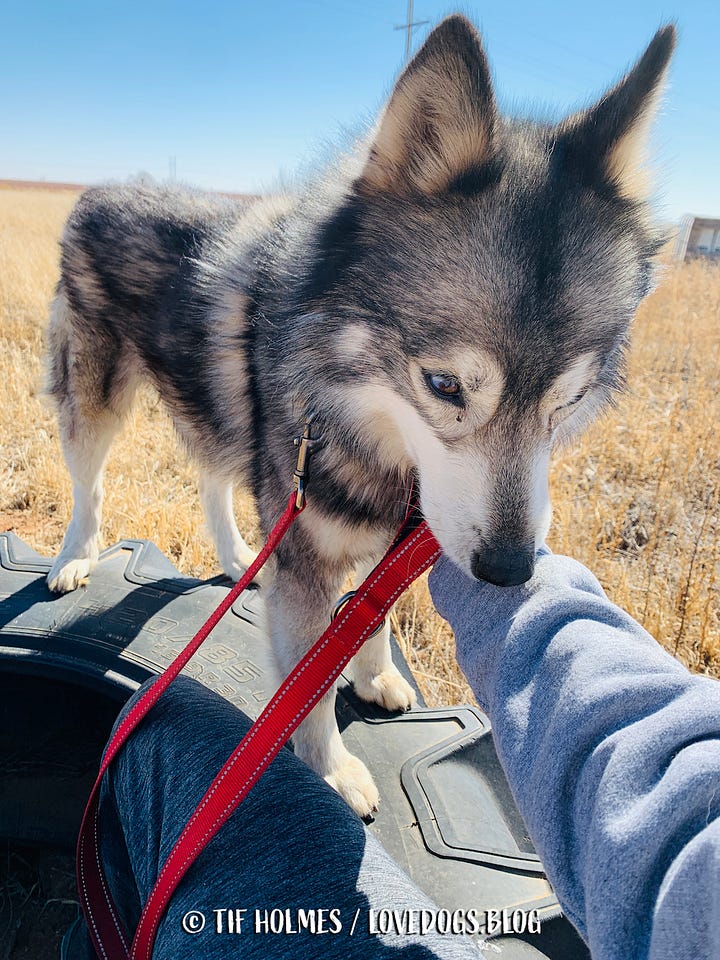
"There are love dogs no one knows the names of...
Give your life to be one of them."


